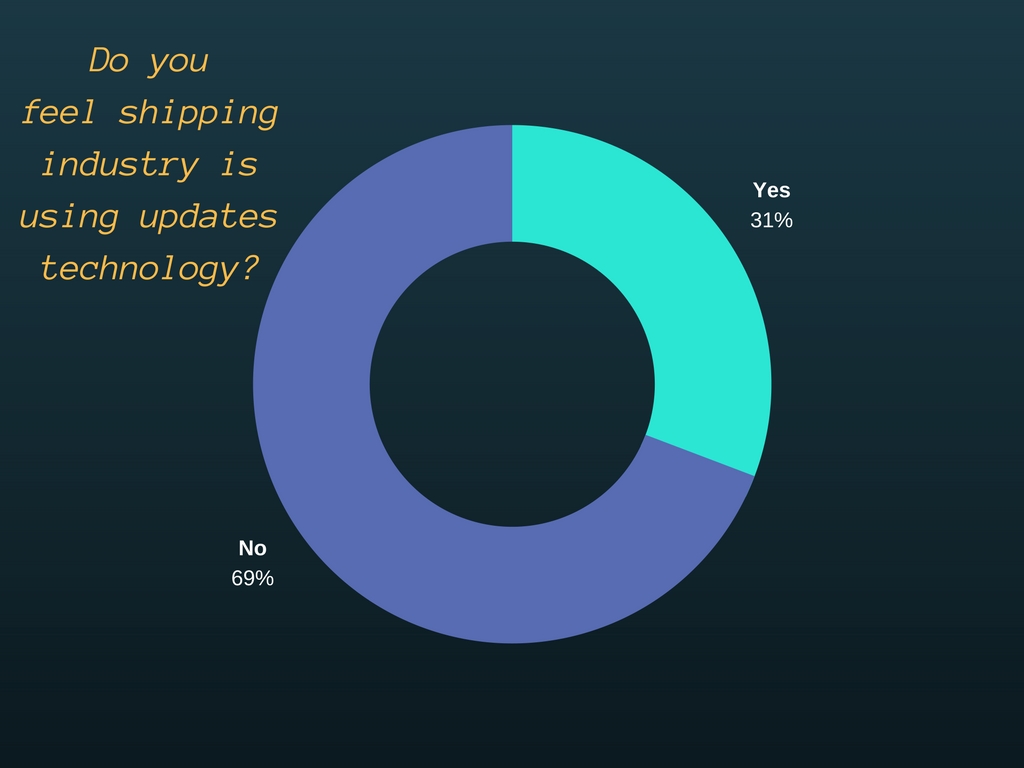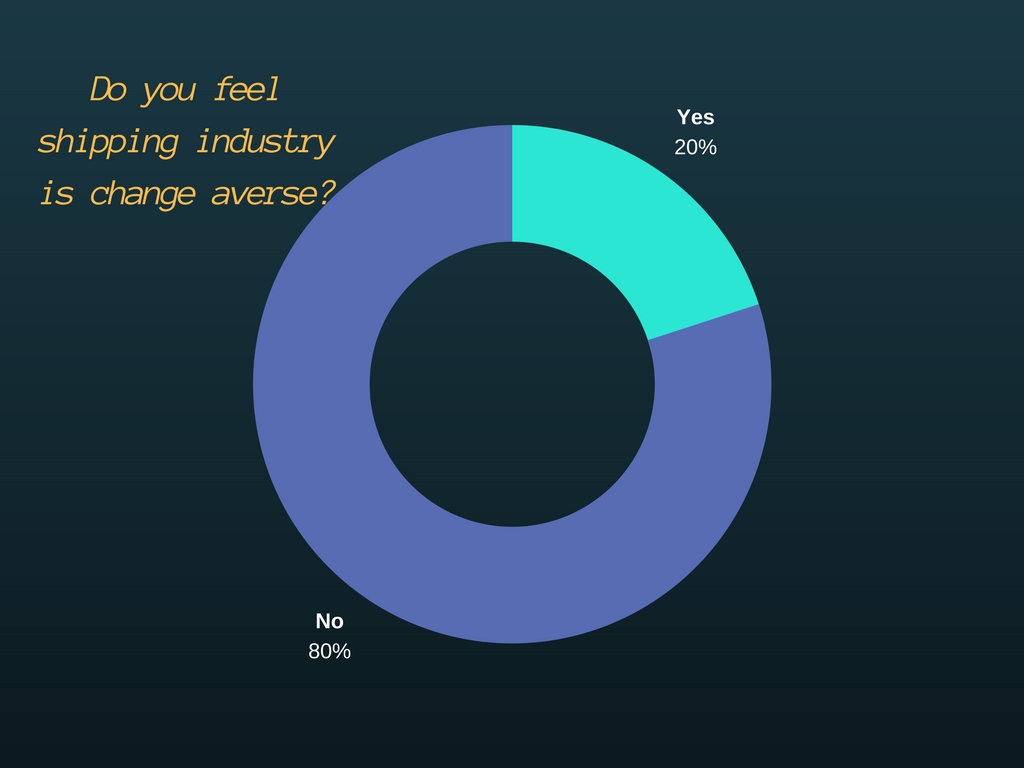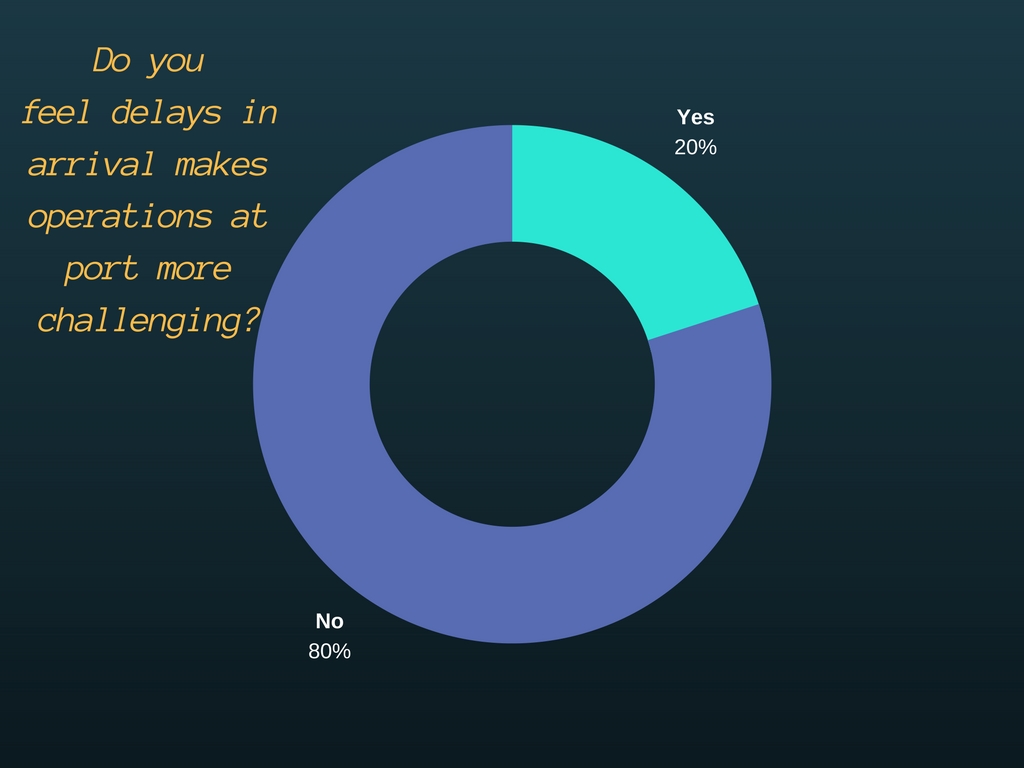Last month I circulated a survey to understand the maritime industry’s challenges and problems more closely. Survey was meant for marine experts and professionals who have spent a good amount of time in the field and gained valuable experience. The response I got was overwhelming. Here I also want to thank all the participants for their thoughtful comments.
The big question asked was “How would you like to see the future of maritime?”. Survey was designed so that everyone regardless of their area of expertise has something to say and it was really satisfying that mariners from different area like crew members, operators, brokers, technical managers and supply chain directors put their thoughts.

Many experts believe that maritime industry is struggling and not in very good shape right now. Result shows that 69.23% people admit that shipping industry is not using updated technology and more importantly 84.62% feel that shipping industry is change averse and it is very unlikely to change their conservative ways of doing business in near future.

Large number of people blame obsolete technology, too much paper work and less training to crew for this situation. Navigating through different culture, very large number of cargoes and complex operations are some other problem which is being mention. In totality it shows that there is huge gap between problem and solution to that problem.

In response to some very specific and crucial question about uncertainty in arrival time at ports - approximately 85% people said that it makes their operation at port very challenging. Constant delays in ship arrival affects whole supply chain operations right from berth scheduling to vehicle allocations. Port authority faces this problem on daily basis and this keep them on their toe all the time.
When asked about how to solve existing problem more that 35% people said that by using disruptive technology in different stages of operations would be a great start. They believe technology will increase not only efficiency but also transparency in management, it would increase accountability of people responsible for daily operations. They also suggest proper training of mariners to use these technology is also very important. Simplifying the complexity, better connectivity to ships and better analysis of data would be advantageous for overall shipping they believe.
Shipping has been the oldest and cheapest mode of transportation of goods and would be for foreseeable future. But this survey gives me a chance to share some of the pain areas in operations. This also gave me chance to share some insight that how we should proceed to overcome these challenges. And the most agreeable solution is - use of technology effectively.
